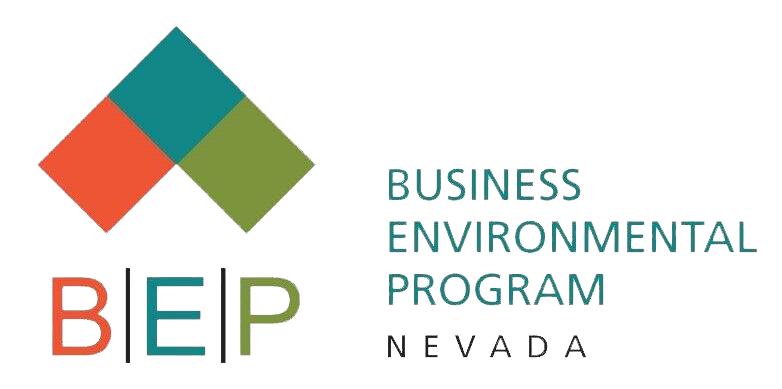Air Emissions Reporting Requirements (AERR) Comment Period Extended
New Comment Period Deadline: November 17, 2023 The U.S. Environmental Protection Agency (EPA) has extended the comment period for the Air Emissions Reporting Requirements (AERR) proposed rule for an additional 30 days to November 17, 2023. Written comments are being accepted here. The EPA’s proposed AERR rule could impact small businesses significantly. With unique emission thresholds for Hazardous Air Pollutants, businesses might need to report even minimal emissions. This poses challenges for recordkeeping and compliance. The Overview Fact Sheet and Key Things to Know About the …
Read MoreAir Emissions Reporting Requirements (AERR) Comment Period Extended
